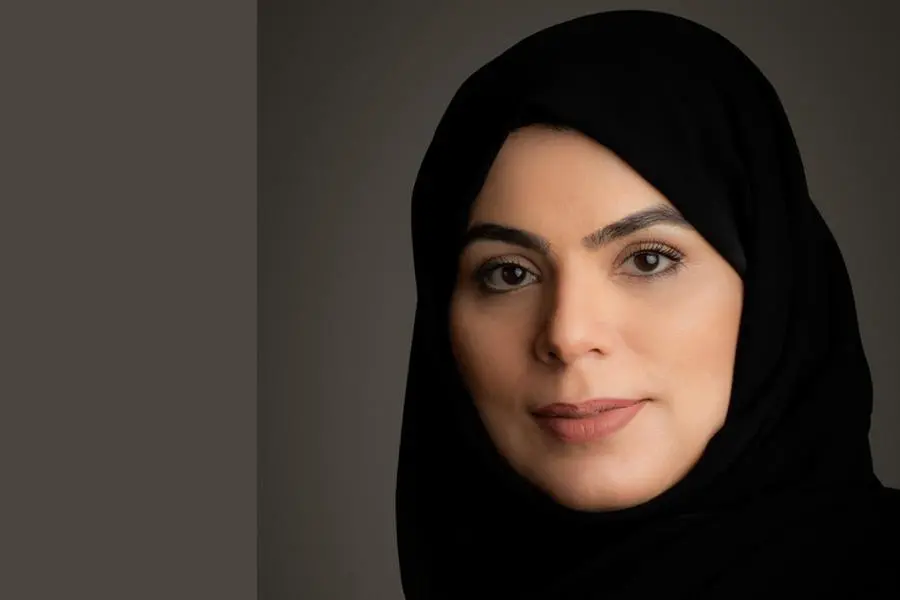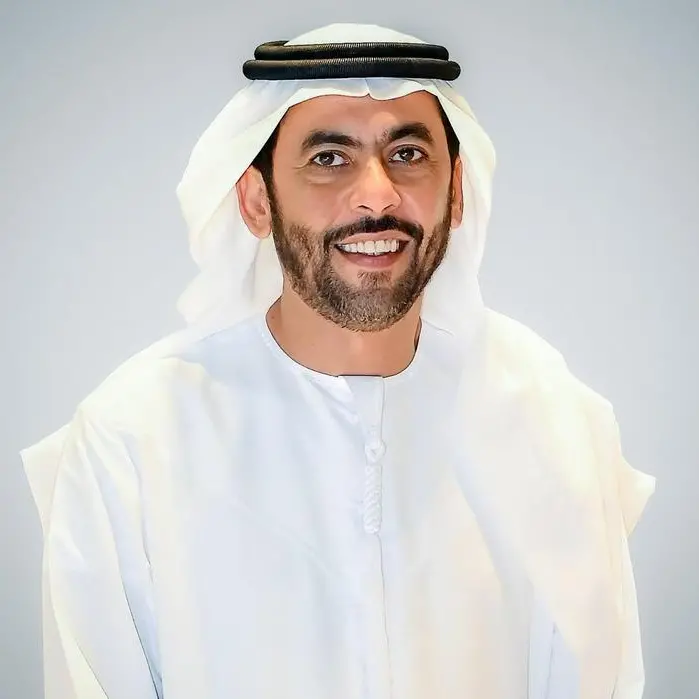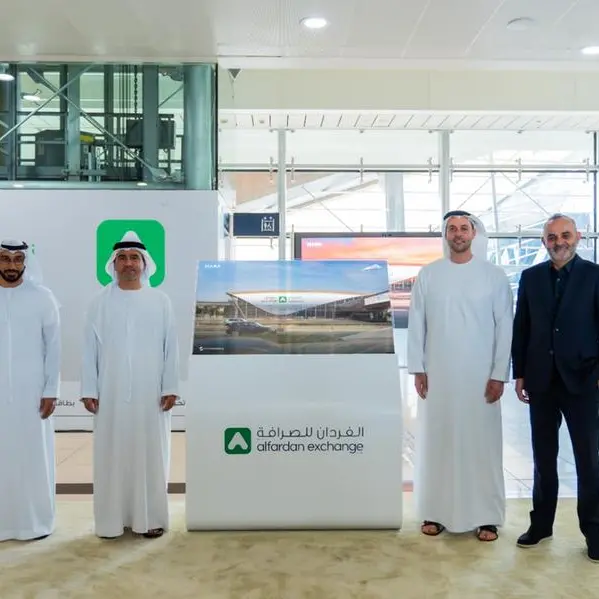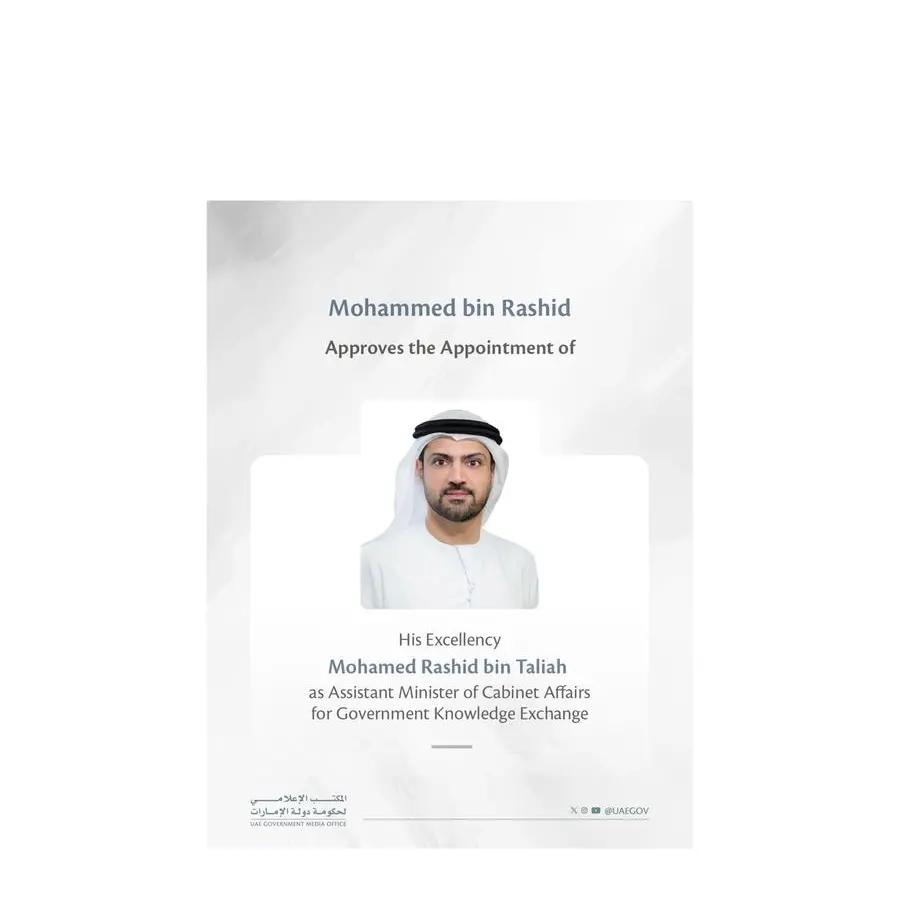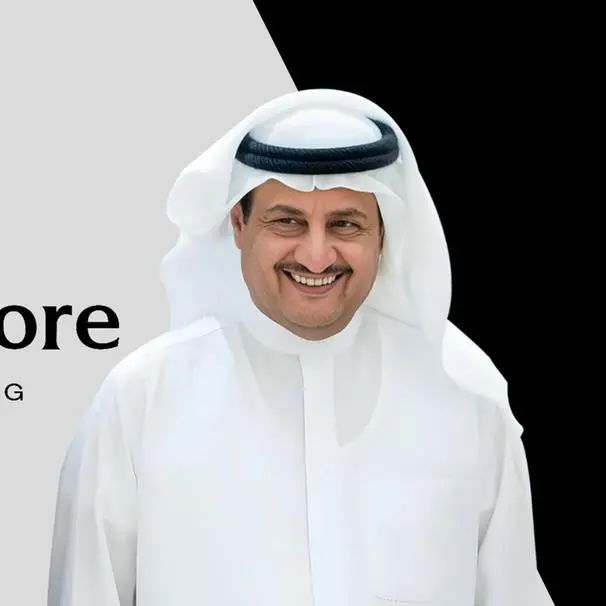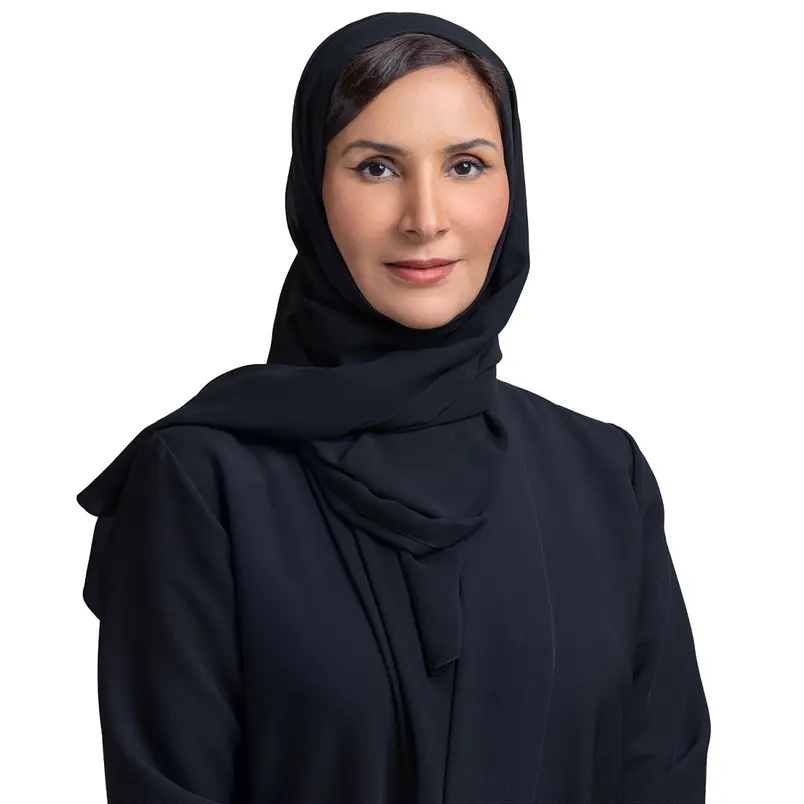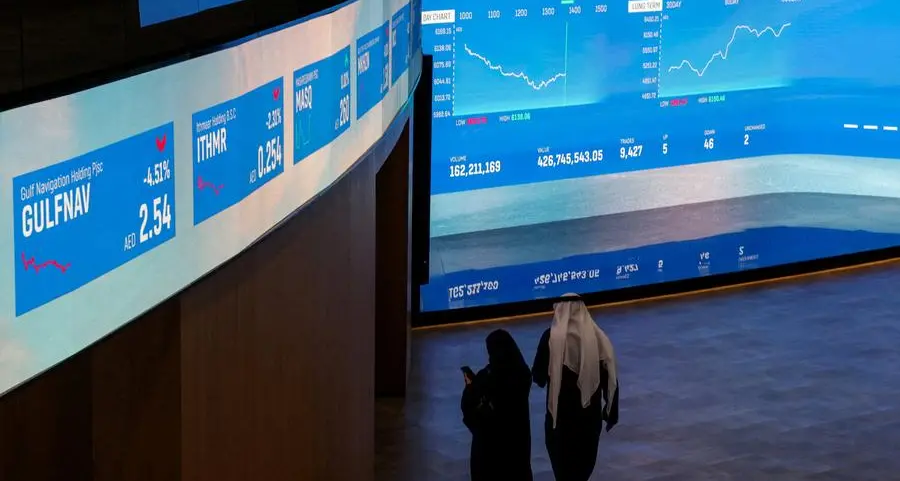PHOTO
- The framework will be implemented in collaboration with federal and local authorities, and the participation of the private sector through a pilot project.
- The framework calls for the involvement of producers and suppliers in the sustainable management of product waste in three categories: packaging materials, electrical and electronic devices, and batteries.
- The integrated system aims to manage the waste of targeted products in coordination with relevant stakeholders and the private sector.
- Pilot project is currently under development to implement the framework across selected regions in the country with community’s participation.
UAE: The Ministry of Climate Change and Environment (MOCCAE) is preparing to launch a framework for implementing Extended Producer Responsibility (EPR) in the UAE. The EPR is part of the ministry's continued efforts to address environmental challenges, promote integrated waste management, and advance the circular economy for sustainable economic growth.
The initiative aims to achieve several key goals, including waste reduction, increasing recycling rates, and promoting the concept of circular economy in the UAE by upholding sustainable reuse of resources. This transformation will encourage companies and industries to adopt innovative ideas and tools in the manufacturing sector, and foster public-private partnerships (PPP) to develop innovative waste management solutions.
HE Eng. Alia Abdul Rahim Al Harmoudi, Assistant Undersecretary for the Sustainable Communities Sector at MOCCAE said: “The EPR is a key initiative under the UAE Integrated Waste Management Agenda 2023-2026 and marks a significant step toward achieving the UN Sustainable Development Goals. It assigns manufacturers the responsibility for managing the entire life cycle of their products. This approach is designed to ensure that producers take ownership of the environmental impacts of their products and cover post-consumer waste management through recovery programmes, waste treatment, and final disposal.”
Her Excellency added: “The EPR Framework focuses on strengthening private sector involvement in the waste management system and promotes the optimal utilisation of products. This contributes to higher rates of waste treatment, reduces landfill dependency, and advances the concept of the circular economy and its applications. This initiative aims to foster a new culture of collaboration between companies and the community by promoting shared responsibility for protecting natural resources.”
The framework is based on Article (5) of Federal Law No. 12 of 2018 on Integrated Waste Management, which states that “both the waste producer and supplier shall be responsible for accepting the returned products and the waste after use, as well as the financial costs resulting therefrom, as determined by the Executive Regulation of this Law”.
The responsibilities of the producer and supplier are further outlined in Federal Cabinet Resolution No. (39) of 2021, Concerning the Executive Regulation of Federal Law No. (12) of 2018 on Integrated Waste Management.
The EPR Framework focuses on three product categories: packaging materials, electrical and electronic devices, and batteries. The Ministry has strengthened collaboration with public and private sector partners, including the Ministry of Economy, the Ministry of Industry and Advanced Technology, environmental authorities, producers, retailers, and waste management service providers, to design and implement an effective, nation-wide EPR system.
The Ministry also conducted several studies and organised workshops to gain insights from its partners, which will help establish a strong framework that takes into consideration the different perspectives and needs of all stakeholders.
A pilot project based on the principles of Extended Producer Responsibility is currently under development and scheduled for launch in the near future. This will serve as a practical assessment of the framework, offering valuable insights for its full-scale implementation. It will also emphasise community engagement by educating the public on safe disposal practices for the identified waste categories, thereby strengthening their role in integrated waste management and environmental conservation.
